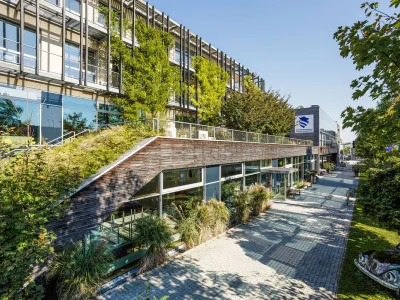
Robert Andreas Fina
Position
Location
Campus WieselburgZeiselgraben 4
3250 Wieselburg

Research Activities
Under pressure – the final chapter
A study with on the comparability of differently generated blood pressure measurements, while simultaneously assessing an intervention to enhance learnability in performing the measurements.
Cleaner Meat
Sensory analysis of salt- and nitrite-reduced meat products
Das Wissen der Marktforscher*innen
The market research industry has been undergoing a period of transformation for some time. In this qualitative research project, we will examine what kind of knowledge is generated in market research, how it is assessed and marketed, and how it circulates and is used within companies.
Wissenschaft trifft Schule – Climate-friendly food
Facing the considerable impact of the food market on global warming, the project examines prevailing consumption barriers for climate-friendly products and develops concrete practical measures for the development, positioning and marketing of climate-friendly food products.
Schnellmethoden Vergleich
Sensory rapid methods are relatively new methods, which promise an increase in efficiency, especially for small and medium-sized companies, through cost reduction and time savings. For this reason, the present project aims to comprehensively compare the rapid methods CATA and napping with one another.
SEASAC
The main aim of the SEASAC project is to strengthen South-East Asian Universities’ capability to provide highly skilled B2B Sales professionals for the emerging international markets. In the project, we will utilize existing European knowledge and experiences in developing a pedagogically rich concept for the cooperation of Universities and companies in the sales education.
